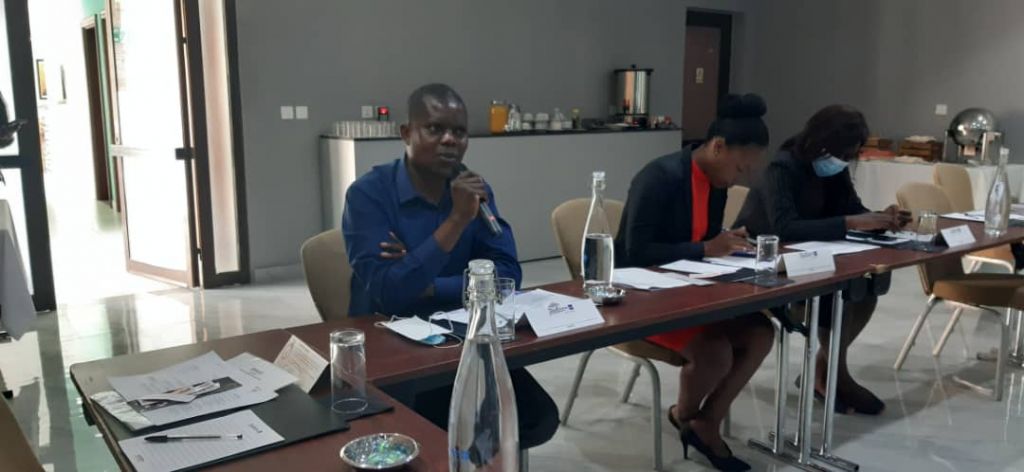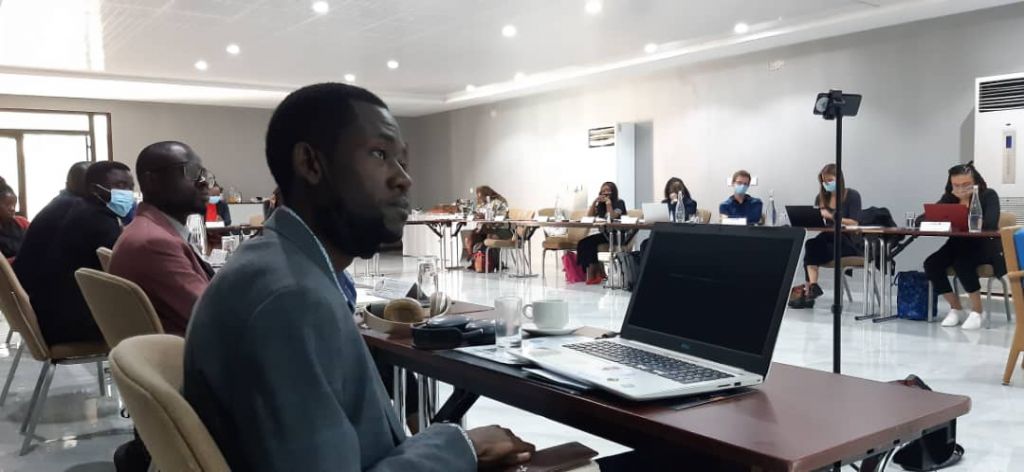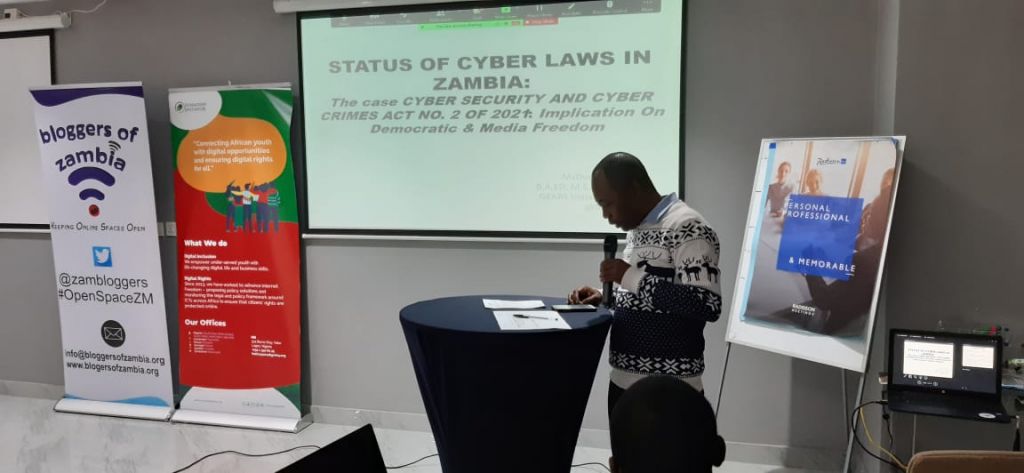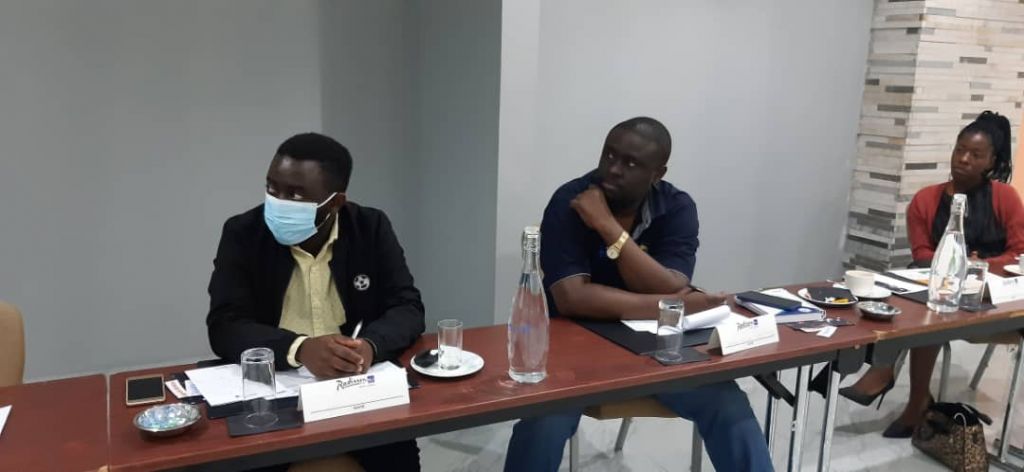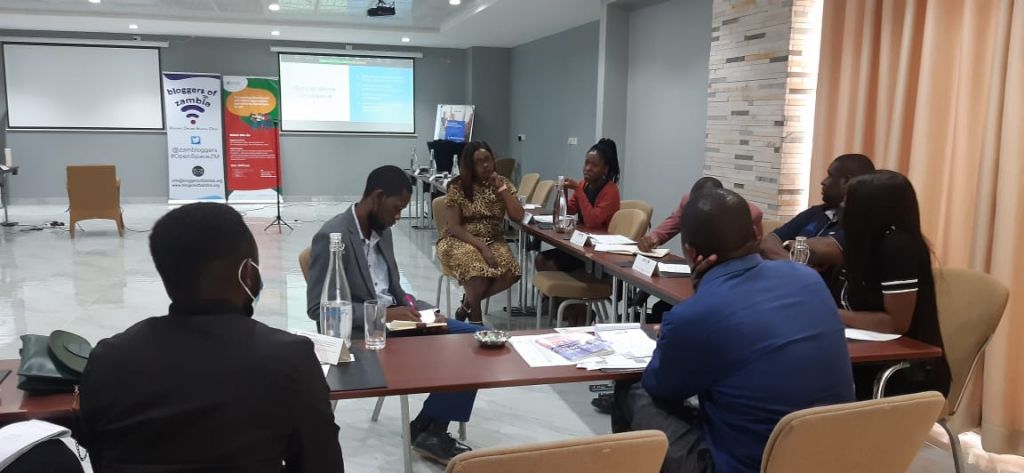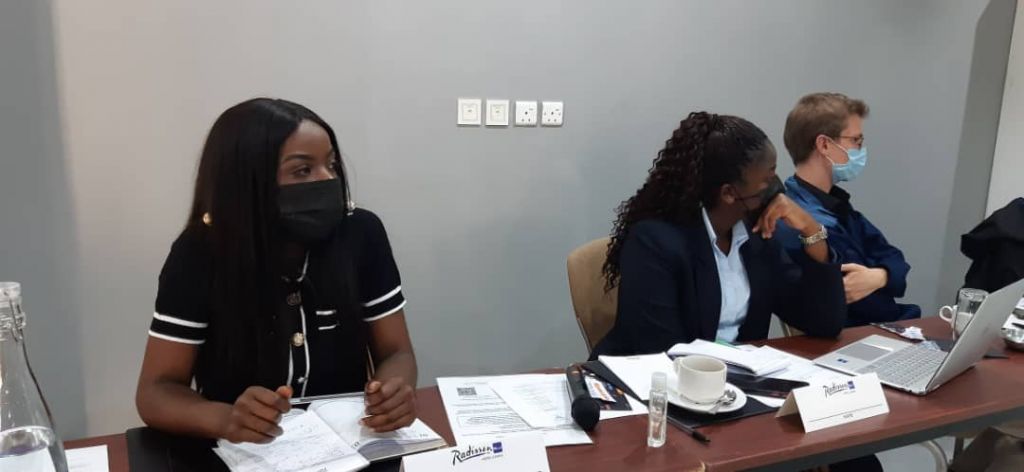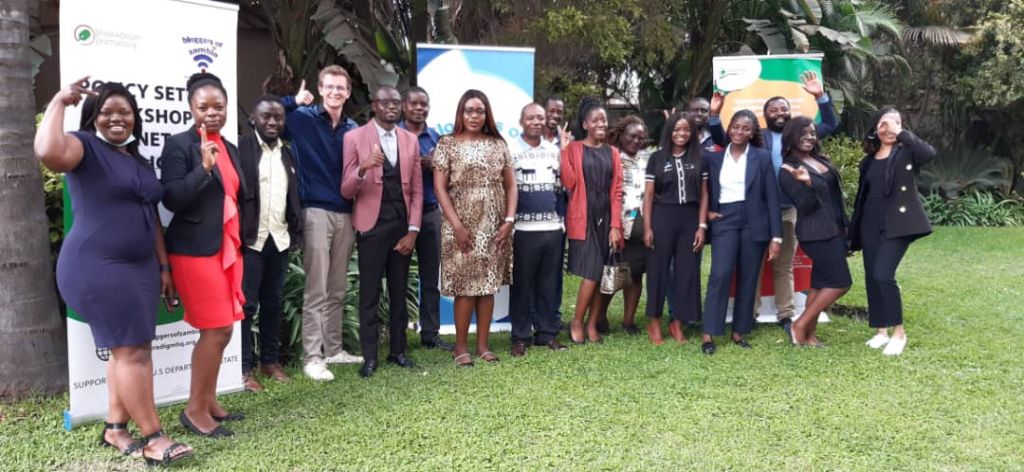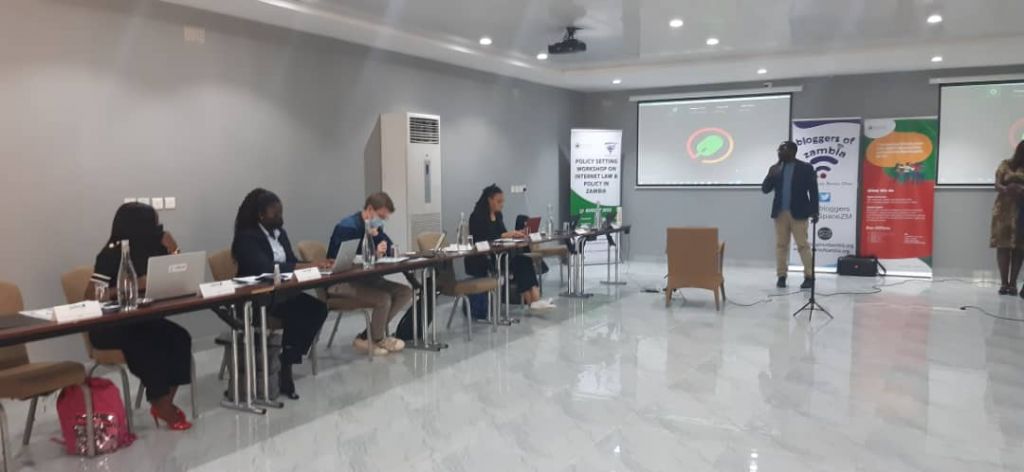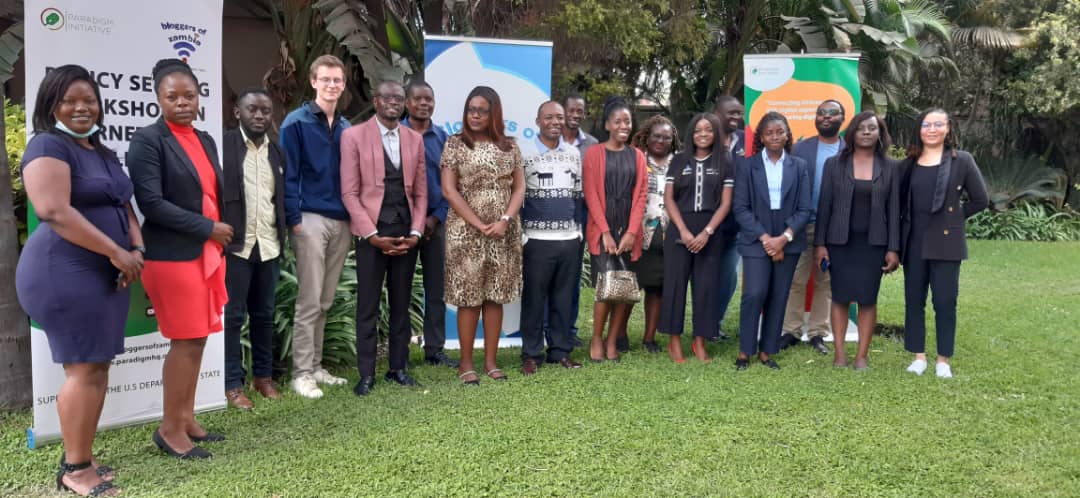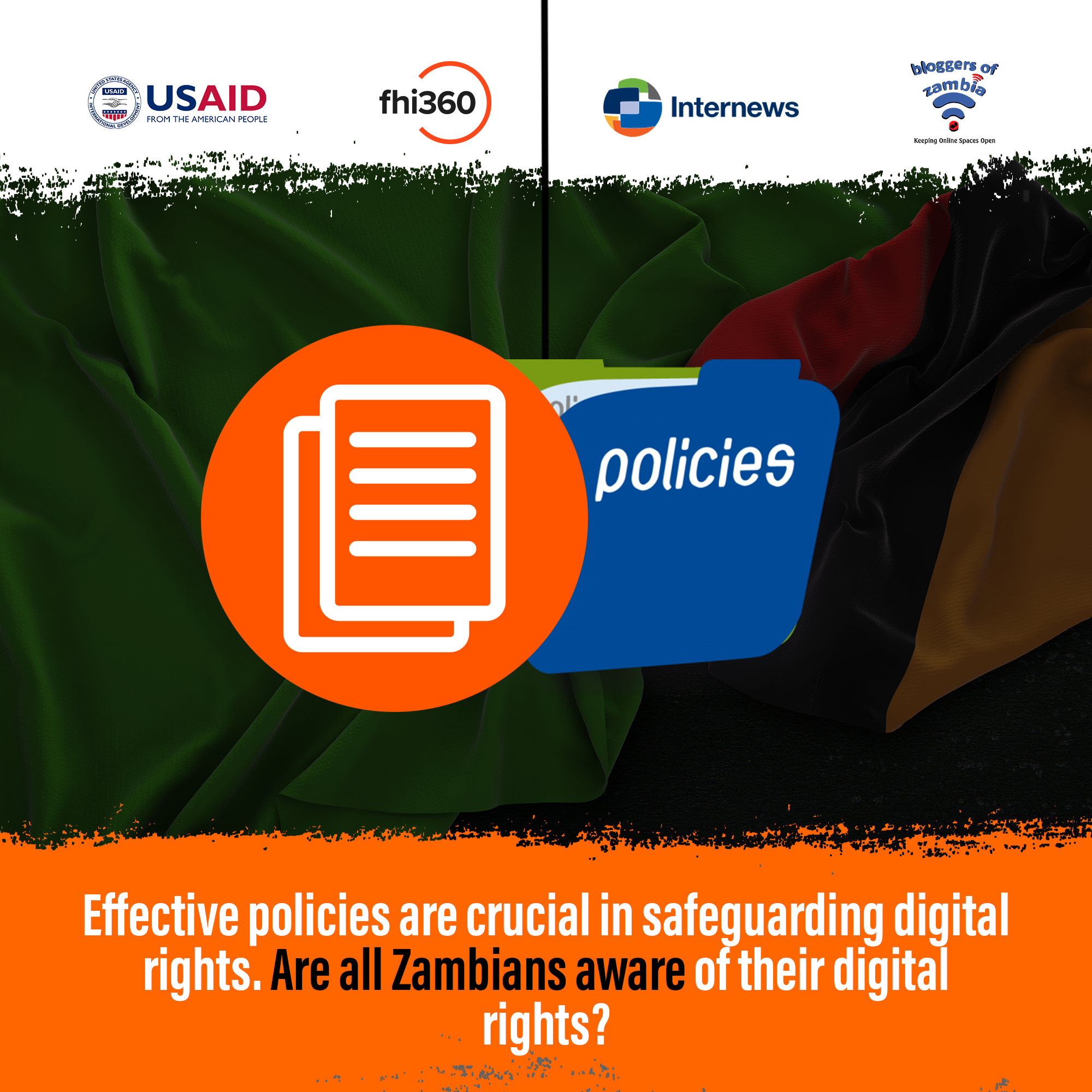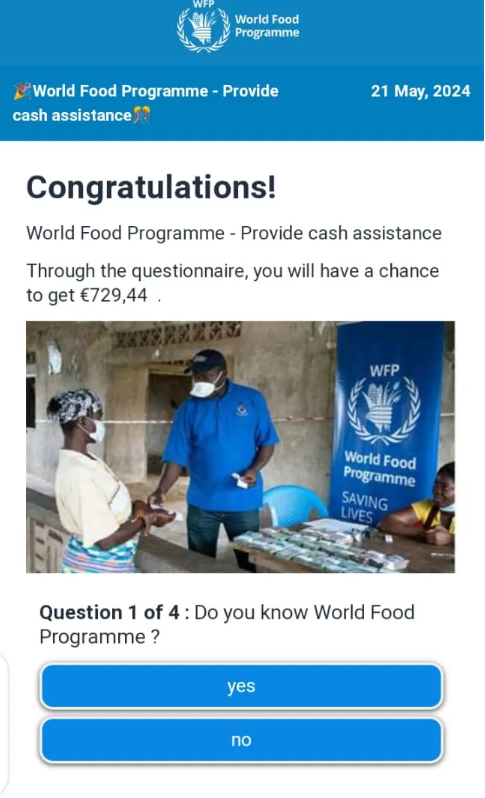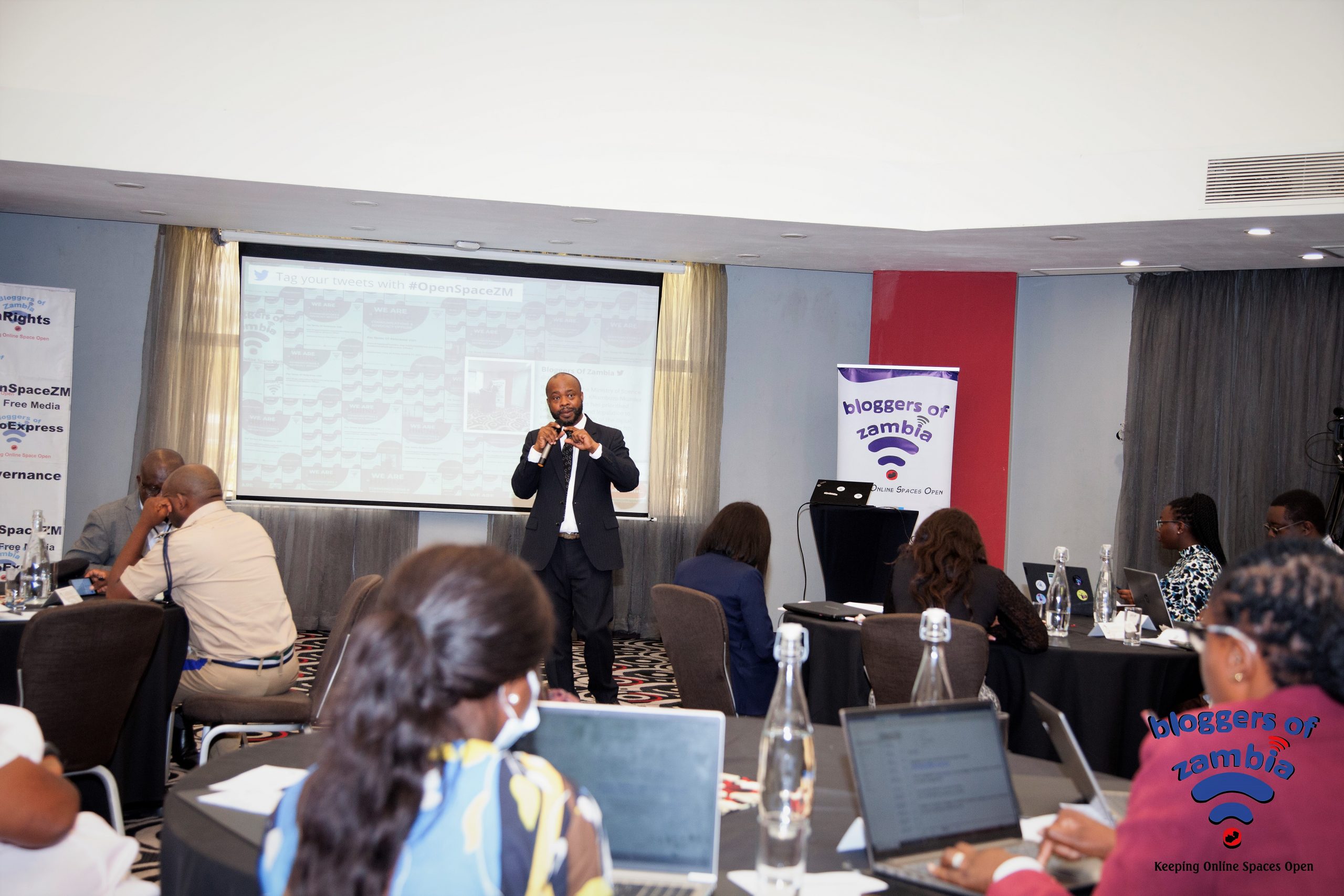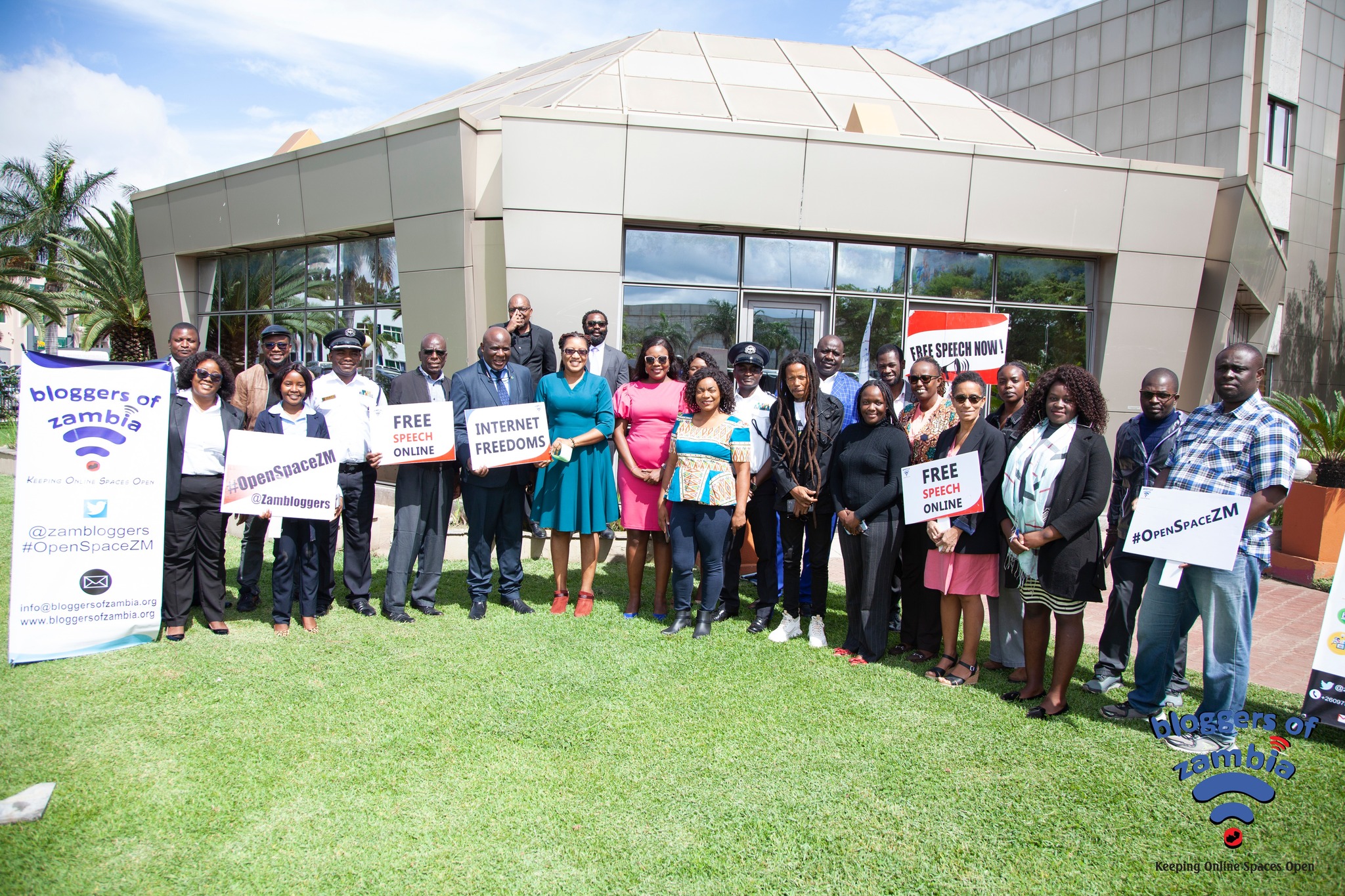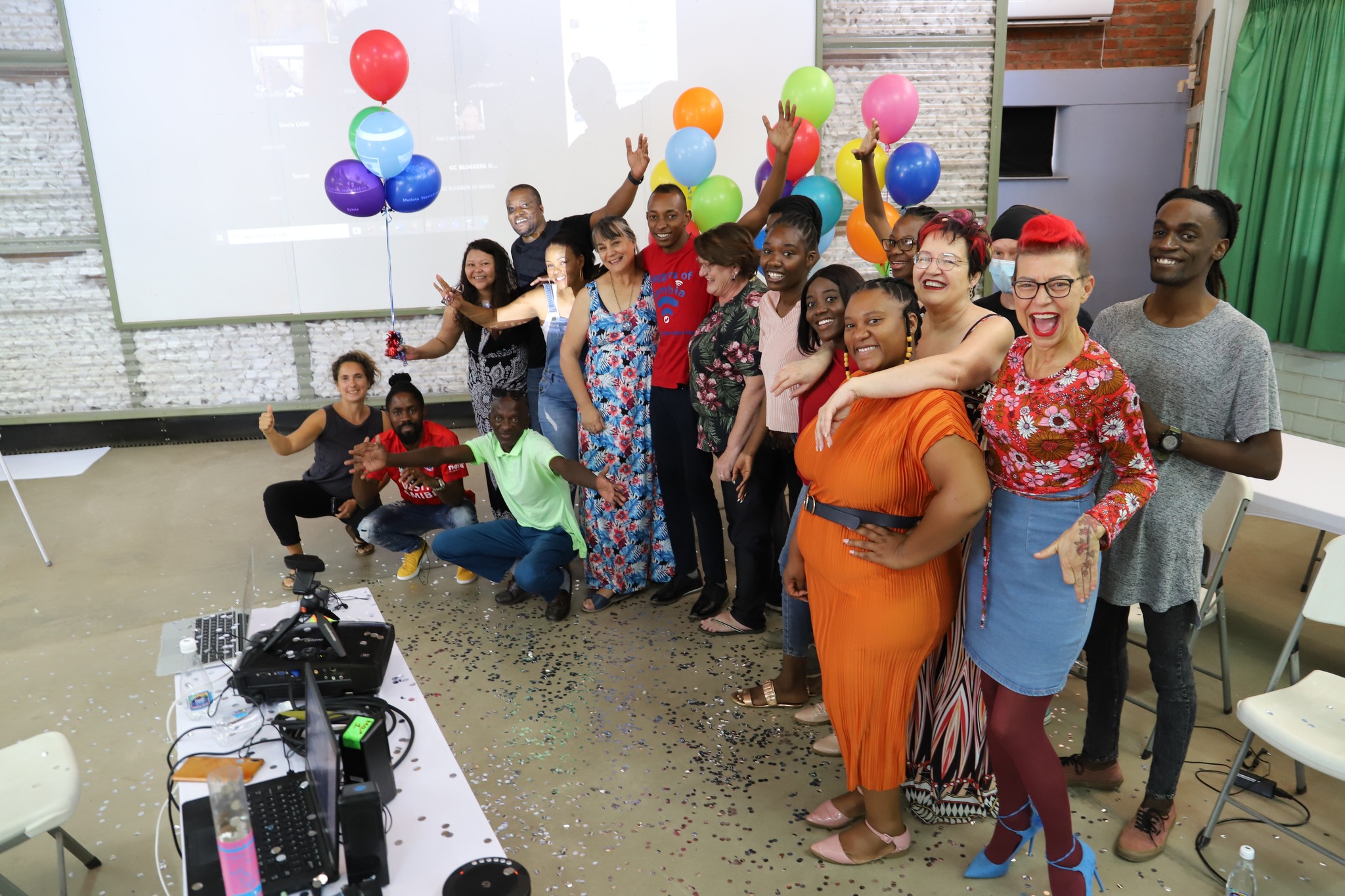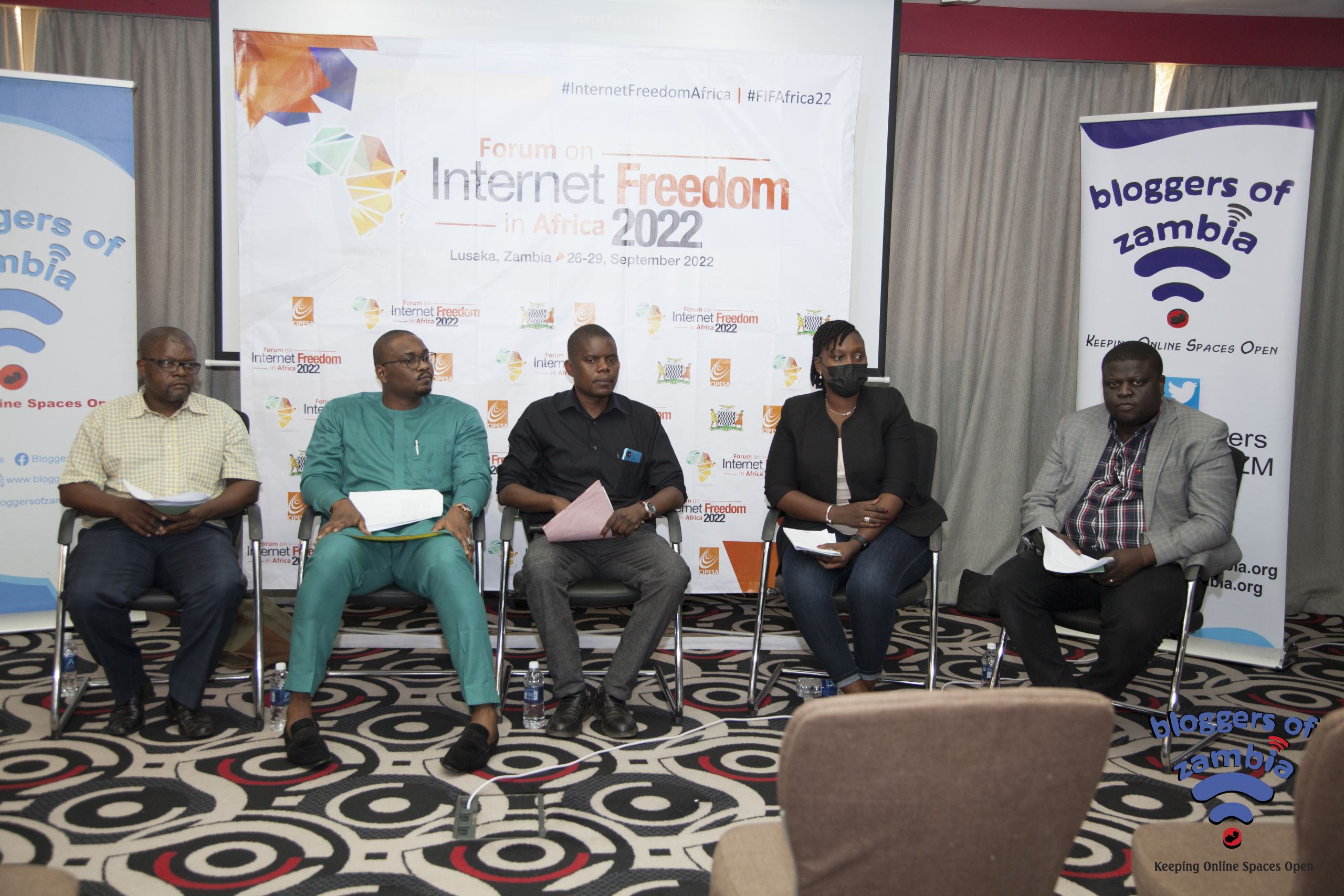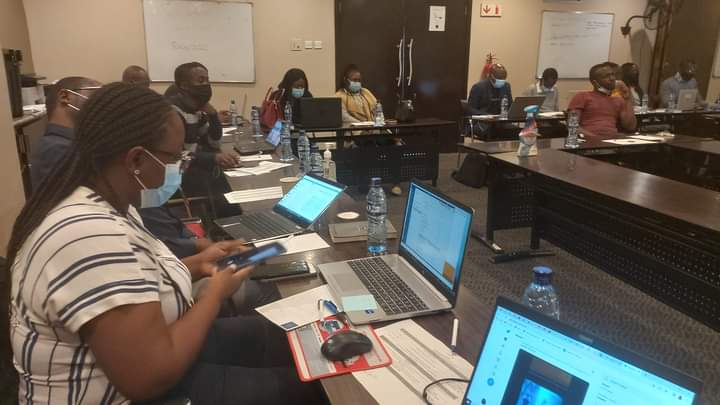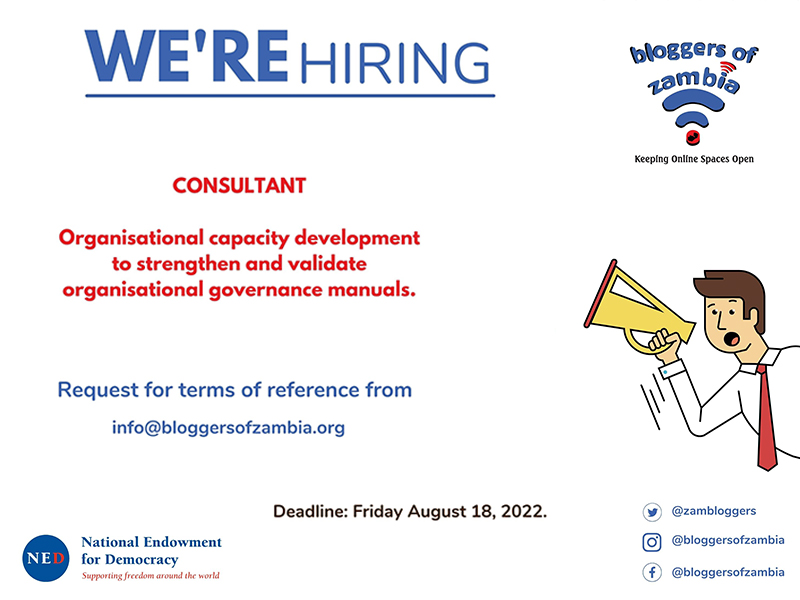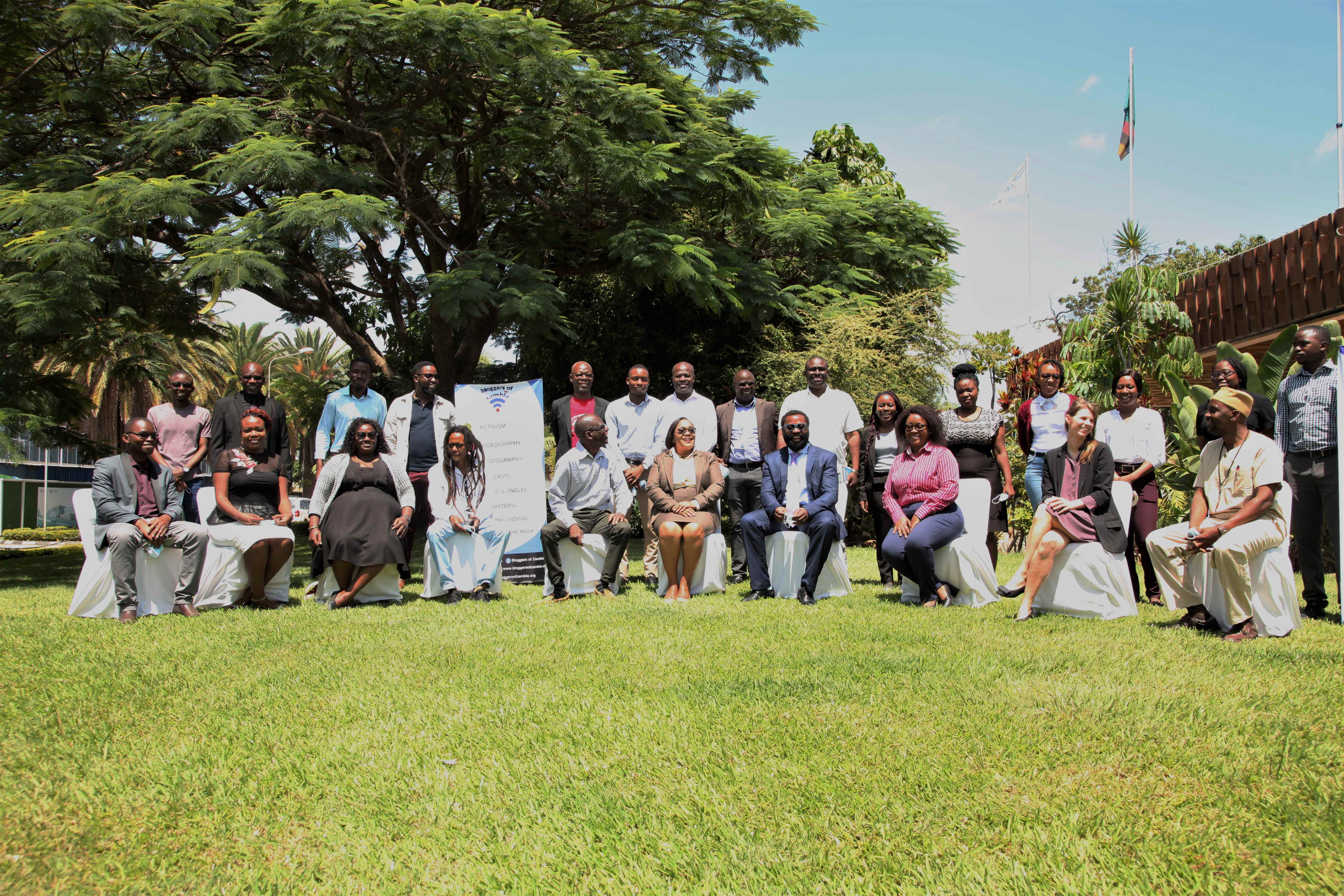We hosted a workshop on Shaping ICT Policy Workshop with Civil Society Leadership. Stakeholders discussed different issues such as internet policy analysis, data protection, laws governing the space, inclusiveness and the multi-stakeholder approach to internet governance.
Policy analysis is important in influencing the development of rights respecting internet policy and law. Citizens need to be protected from provisions that are undemocratic and may infringe on their rights. Activists, Civil Society and Human Rights defenders need to take keen interest in internet governance issues to help sensitise people on what rights they possess when interacting digitally and to safeguard these rights against abuse.
Therefore, consented efforts are needed to influence internet law and policy positively and ensure that the internet remains resilient, transparency and accountability.
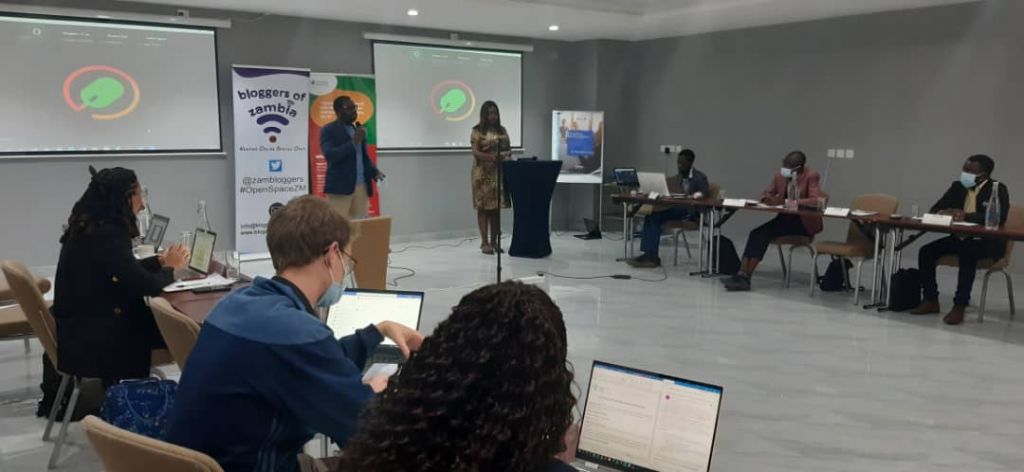
The Previous government enacted a number of laws last year in 2021, notably the Cyber Security and Cyber Crimes Act and Data Protection Act. However, most focus is on one law, leaving out important aspects such as data protection. More awareness on these laws is needed.
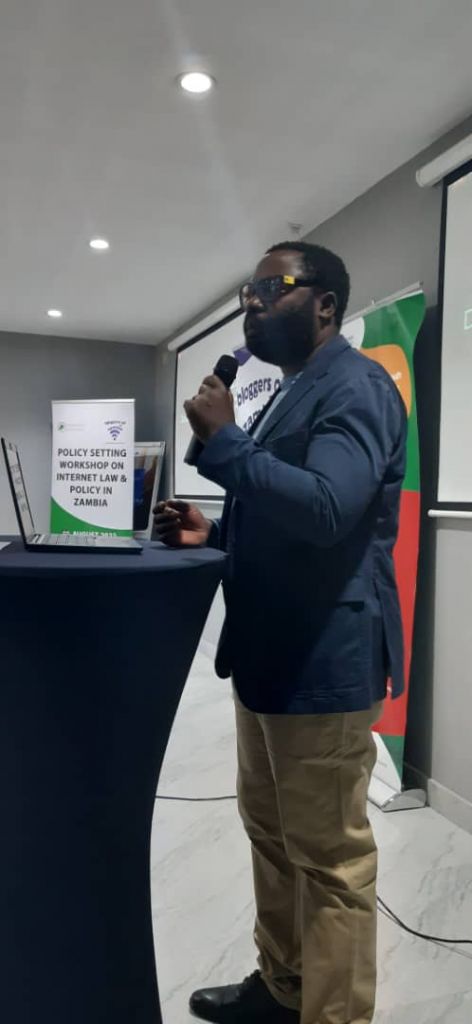
The Bloggers of Zambia CEO emphasized that “citizens have the right to privacy as enshrined in the constitution and therefore, human rights defenders should take interest in data protection issues.” Internet governance is broad and impacts the work of civil society.
Richard Mulonga, CEO Bloggers of Zambia
Multi Stakeholder Governance is important when shaping internet law and policy to ensure inclusiveness of all people and that no one is left behind.
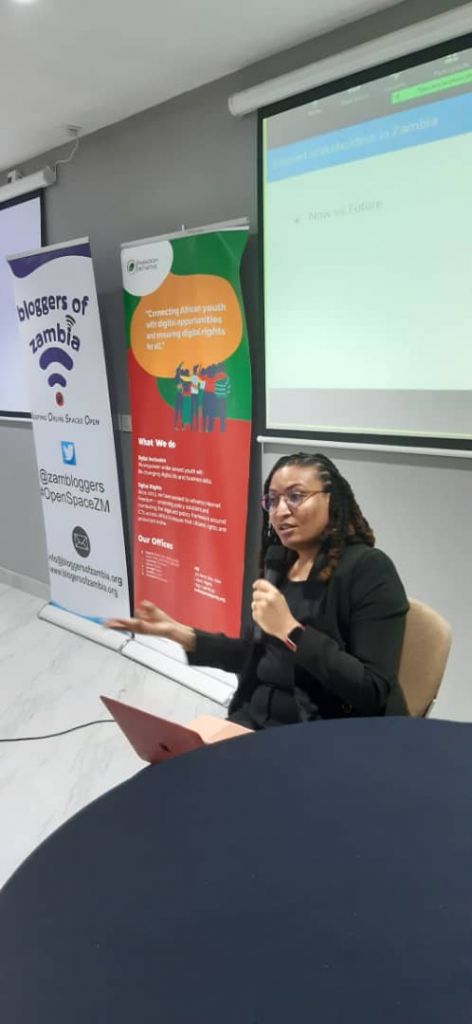
The workshop was held in Lusaka on August 24, 2022 with civil society leadership to raise awareness levels on issues in the space and collectively influence internet law and policy.
#OpenSpaceZM
